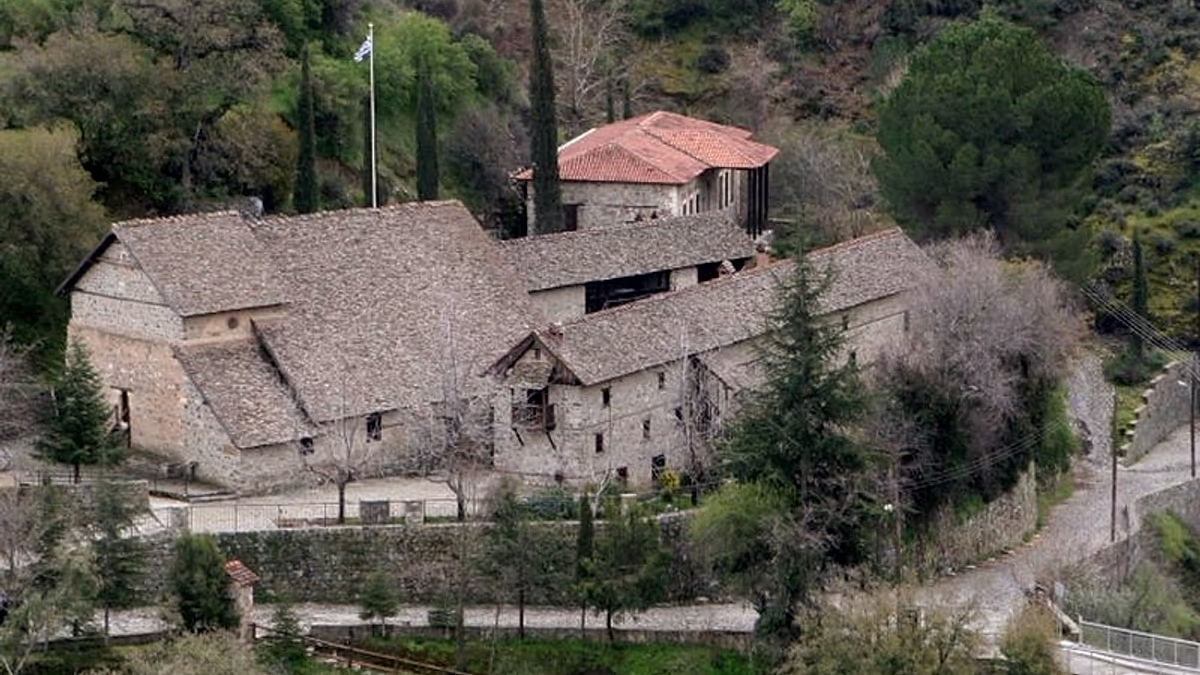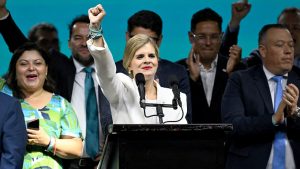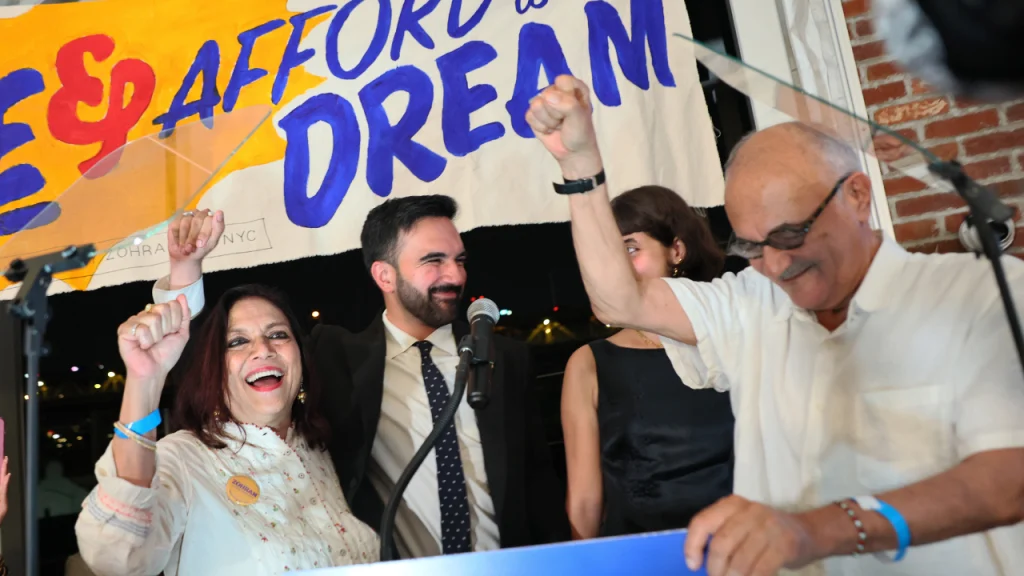Columbia Professor’s Controversial Claims About Lincoln and Hitler Spark Backlash as Son Runs for NYC Mayor
Mahmood Mamdani, Columbia University professor and father of New York City mayoral candidate Zohran Mamdani, has drawn intense criticism after a video of him claiming that Adolf Hitler was inspired by President Abraham Lincoln went viral. The clip, which has garnered over 10 million views on social media platform X, shows the elder Mamdani during a 2022 Asia Society panel discussion asserting that America was the “genesis of what we call settler-colonialism” around the world. In his remarks, Mahmood Mamdani claimed, “With the Civil War, Abraham Lincoln generalized the solution of reservations, they herded American Indians into separate territories,” and continued with the controversial statement that “For the Nazis, this was the inspiration — Hitler realized two things: one, that genocide is doable. It is possible to do genocide, that’s what Hitler realized. Second thing Hitler realized, is that you don’t have to have a common citizenship.” The resurfaced video has ignited a firestorm of criticism from various commentators, including Fox News anchor Laura Ingraham, political commentator Dave Rubin, and Florida Governor Ron DeSantis, who questioned why America is “importing people who hate America.”
This controversy emerges as Zohran Mamdani, a self-described socialist, campaigns for mayor of New York City. While the younger Mamdani has worked to establish his own political identity, critics have drawn connections between his views and those expressed by his father over the years. In a 2020 interview on The Far Left Show, Zohran acknowledged his family’s influence on his political development, stating, “I think, honestly, growing up in the family that I grew up in, I was quite open to what would be considered being a radical from a very young age.” He elaborated that his identities as a Muslim and an immigrant had already placed him in the category of “other” in mainstream American political discourse, making it “not that far of a jump” to embrace more progressive political positions, particularly around issues like Palestinian rights.
The elder Mamdani’s controversial statements extend beyond the recent viral video. In his 2004 book “Good Muslim, Bad Muslim: America, the Cold War, and the Roots of Terror,” which he dedicated to “Zohran and his mates,” Mahmood Mamdani wrote that “Suicide bombing needs to be understood as a feature of modern political violence rather than stigmatized as a mark of barbarism.” He further argued that “We need to recognize the suicide bomber, first and foremost, as a category of soldier.” Additionally, Mahmood Mamdani serves on the advisory council of the Gaza Tribunal, an anti-Israel organization that supports boycotts and sanctions against Israel and frequently accuses the Israeli government of committing “genocide.” The Gaza Tribunal has connections to various anti-Israel movements, with at least one member having been deported from the United States due to terror ties.
When confronted about the influence of his views on his son, Mahmood Mamdani told The New York Times in an interview earlier this year that Zohran is “his own person.” He acknowledged that “what we do as his parents is part of the environment in which he grew up, and he couldn’t help but engage with it,” but maintained that “that doesn’t mean anything is reflected back on us.” However, Zohran’s mother, filmmaker Mira Nair, disagreed with this assessment, interjecting, “I don’t agree! Of course the world we live in, and what we write and film and think about, is the world that Zohran has very much absorbed.” This exchange highlights the complex relationship between the parents’ worldviews and their son’s political development.
The controversy surrounding Mahmood Mamdani’s statements comes at a sensitive time for Zohran’s mayoral campaign, which has already faced scrutiny over alleged foreign donations. The resurfaced video and renewed attention to the father’s controversial writings have added another dimension to the public’s evaluation of the son’s candidacy. While Zohran has worked to establish himself as an independent political voice, the shadow of his father’s controversial statements on American history, terrorism, and international relations has become increasingly difficult to separate from his own campaign narrative. The situation raises questions about the extent to which a candidate should be judged by the views of their family members, even as those family members acknowledge their influence on the candidate’s worldview.
As New York City voters headed to the polls on Tuesday, the viral nature of Mahmood Mamdani’s comments ensured that conversations about America’s historical role, the Mamdani family’s perspectives on international politics, and the appropriateness of such views in mainstream American political discourse remained part of the electoral conversation. While Zohran Mamdani continues to navigate his own political path, the controversy surrounding his father’s statements serves as a reminder of how family backgrounds and influences can become significant factors in how candidates are perceived by voters, particularly in high-profile races where every aspect of a candidate’s life and associations faces intense public scrutiny.















